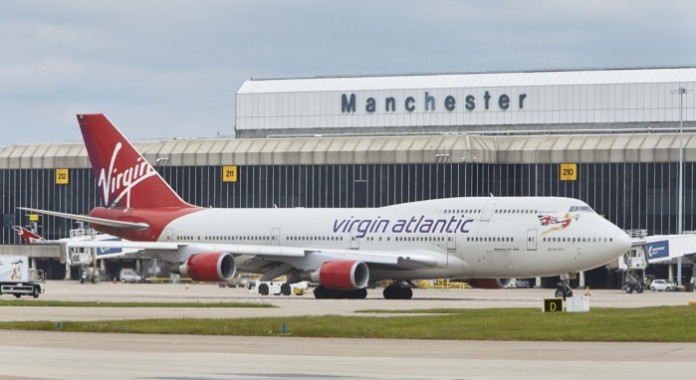Following a comprehensive survey of transport authorities, aviation and aerospace sectors, the Independent Transport Commission (ITC) has released an in-depth analysis of the acute challenges facing the UK government in aviation policy and air connectivity as it seeks to create the conditions for economic growth in a highly charged global arena.
The ITC-commissioned report was authored by former Bank of England economist, Dr Rebecca Driver of Analytically Driven Ltd, and builds upon the ITC’s expertise by looking at the economic impact, environmental issues and connectivity associated with airport capacity growth in the south east of England.
In response to the Government’s support for expansion at Heathrow and the recently published draft National Policy Statement on Aviation, as well as the ongoing negotiations over the UK exit from the European Union, the report concludes that:
- Improvements in air connectivity bring major economic benefits – the introduction of direct flights, increase in flights, and increased competition from low cost airlines – changes the structure of economies and the benefits that flow from it. Within the same aviation spending envelope, firms can operate and trade more effectively in multiple locations; and global supply chains can develop and grow by improved management of time sensitivities. This connectivity supports the most productive firms in the UK economy.
- To maintain the same level of air connectivity post-Brexit, the UK (and the EU) will need urgently to renegotiate its international air service agreements (ASAs) with third countries. Any changes to ASAs could positively or negatively impact route choices and competition.
“Decisions made in the next 24 months will be critical for Britain’s economic future. To maintain our global standing, we cannot afford to choose a path that impedes economic progress for generations,” commented Dr Matthew Niblett, Director of the ITC.
He added: “As a medium-size nation operating in a highly competitive global marketplace, the UK needs to be bold in its decisions over airport capacity, negotiating afresh international agreements with trading partners and growth areas, while promoting a domestic tax regime that encourages greater international travel while rewarding reductions in the environmental impact of aviation.”
“The most productive businesses and sectors are typically those which operate internationally. Better global connectivity is a key enabler if the UK is going to successfully raise productivity, improve living standards and boost economic growth.”
The report calls for a renewed aviation strategy post-Brexit in order to maximise the economic benefits for the UK, and urges policymakers to address the following challenges:
- Air Passenger Duty (APD) is a blunt tool for managing emissions and is likely to damage global air connectivity post-Brexit. It should be reformed, with alternative fiscal measures or removed.
- The UK aviation industry is substantial and better regulation and fiscal incentives should be devised to encourage innovation.
- We need to strengthen our planning regime to allow the necessary aviation infrastructure to be built that will allow good connectivity to all parts of the UK. At present, the industry is discouraged from bringing forward proposals due to the difficulties associated with the process. At the same time incentives should be created that encourage our airports and their local communities to become better neighbours.
The ITC will now be sharing the results with Government, sub-national transport bodies and the industry. Building upon these conclusions, the ITC is exploring further research work in the aviation arena.



















